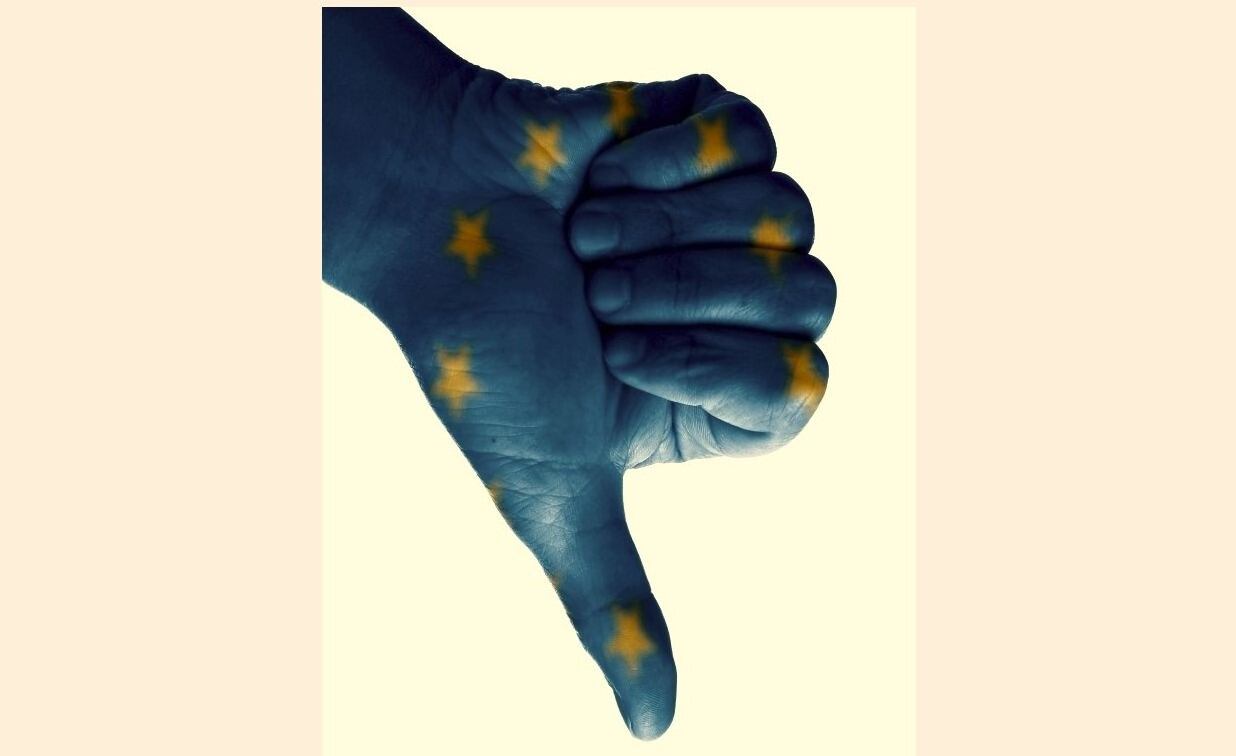In a debate about a rejected zinc-bad breath claim, the EC Standing Committee on the Food Chain and Animal Health (SCFCAH) concluded that even though the European Food Safety Authority (EFSA) may determine that claim wording does not refer to a function of the body, EU member states should make their own assessment.
"Member states should assess claims on a case-by-case basis, and decide whether their wording (or claimed effect) states, suggests or implies that a relationship exists between a food category, a food or one of its constituents and health,” a summary of the meeting notes about whether a claim submission falls within the scope of the NHCR or not.
Beauty blessing?
Luca Bucchini, PhD, managing director of Italian-based Hylobates Consulting, said the EC position was significant for health claims in the beauty area.
“This is the first official blessing of beauty claims I am aware of, and indirectly of Italy's position on the body,” Bucchini told us.
He added: “There is no immediate consequence except businesses can now point to this decision as a precedent to argue beauty claims, or claims which EFSA has said do not refer to a body function, are not prohibited as some had claimed. Rather they should be examined case-by-case.”
He said the debate indicated support for the Italian position that a claim that does not win an EFSA positive opinion, can still be backed by EU member states.

Those in the meeting noted cases of EFSA rejections that could be interpreted differently by the EC and member states included:
that the evidence provided did not refer to a particular physiological function of the skin
that the evidence provided did not establish that changes in the appearance, elasticity or tonicity of the skin relate to changes in skin function, or
that the maintenance of normal structure and appearance of hair and nails did not refer to a function of the body.
The EC notes showed participants at the meeting were keen to point out that marketing must not be misleading under broader EU advertising laws.
A summary of that and other debates can be found here.
